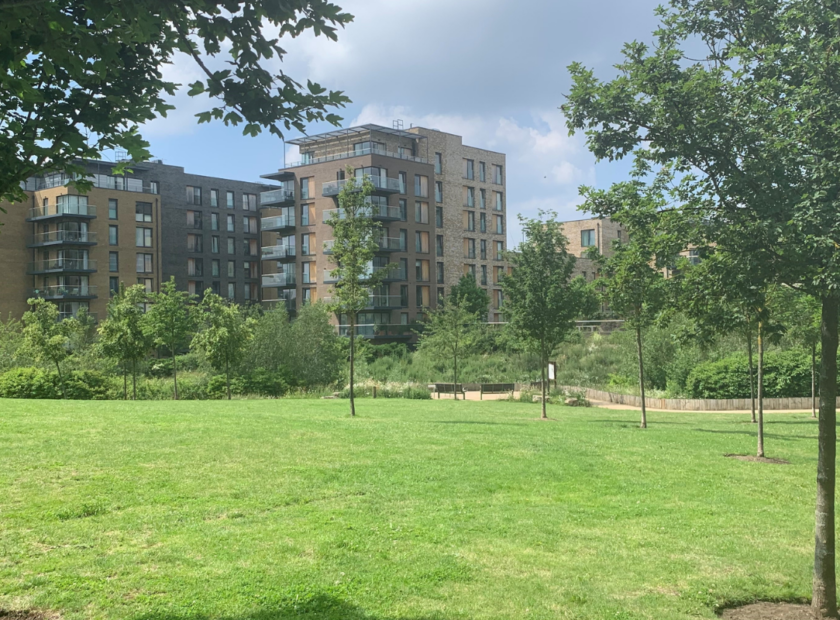To double house-building and strengthen local infrastructure, politicians must agree on how what Ebenezer Howard called the ‘unearned increment’ from development is to be shared. Many years of running study tours and participating in international conferences have shown the importance not just of ‘proactive planning’ but also on funding and delivery mechanisms that can produce better results over several decades. (see Nicholas Falk’s blog Postcards from the future.) The success of cities as different as Copenhagen and Eindhoven, Portland and Pittburgh provide the evidence. As there has been a reluctance in the UK to raise taxes to Continental levels, the most cost-effective solution is to raise charges in the highest valued areas on both developing new homes and also on under-used land. Richer areas need to pay for their own infrastructure, with national taxes going to areas in need of regeneration, if only to create a fairer and more balanced country.
My new paper assembles a mass of research, including plenty of insightful maps and charts, to offer fresh solutions to the problems of changing direction, achieving inclusive growth, funding local infrastructure, planning for smarter urbanisation, (what in the USA is called Transit-Oriented Development), and implementing a step change. I show how to overcome the many road blocks, which are more political than technical, in the hope that experiments will be launched in areas with strategic growth plans, such as Sheffield, or that need them such as the Cambridge Milton Keynes and Oxford Arc (CaMkOx), as well as around London, where housing has become quite unaffordable.
Our winning entry to the 2014 Wolfson Economics Essay competition showed how historic cities such as Oxford could double in population by taking just a little landon their edge. The uplift in land values was enough to build new transit systems and country parks. The recommendations generally involve applying existing powers, such as the use of development corporations. However Local Infrastructure Financing Trusts are proposed to package funding, while a Municipal Investment Corporation modelled on the Dutch BNG would oversee investments to avoid foolhardy schemes. By reducing risks the cost of housing can be cut without a loss of quality.
Some of the proposals are contentious, so a Royal Commission is proposed to consider ways of reforming property taxes, taking up the recommendations of the Mirrlees Review from the Institute for Fiscal Studies and the many other think-tanks that have come up with proposals. The proposals will not only boost confidence in securing concerted improvements, but also rebuild local capacity to plan and deliver. My hope is that the current political turmoil and a decade of austerity will usher in what some call a Green New Deal where planning produces results, not just argument.
To read the full paper, click here.
Dr Nicholas Falk is executive director of The URBED Trust www.urbedtrust.com



